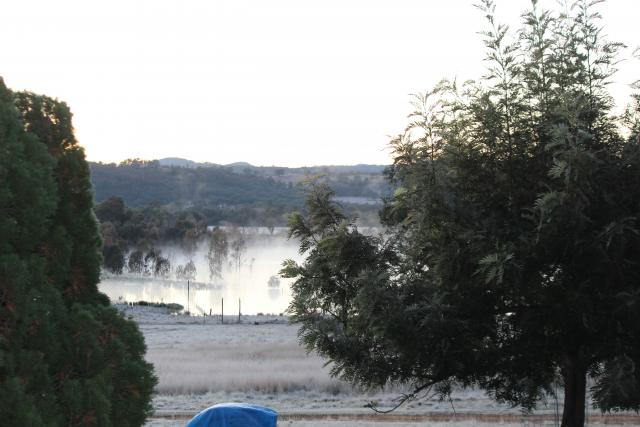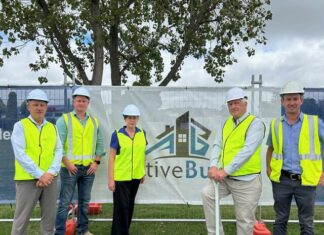Digital Edition
Subscribe
Get an all ACCESS PASS to the News and your Digital Edition with an online subscription
K-Life breaks ground on staff housing
A new staff accommodation project in Killarney aims to ease workforce pressures and help secure the future of aged care services across the Southern...








